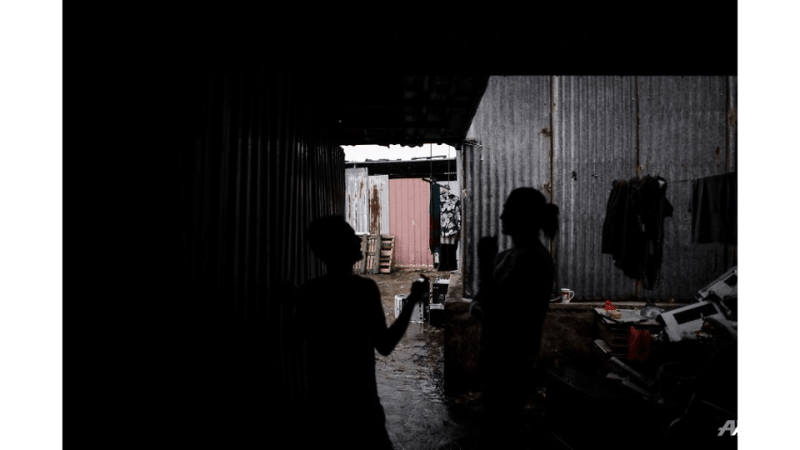Here’s an excerpt from the podcast:
Teresa Tang:
You mentioned many have quit the Yakuza. They’ve tried to start a new life, but there are barriers, not least of which is the stigma of their past, right?
Michiyo Ishida:
Yeah, let me explain to you what Tatsuya Shindo told me. He was in jail three times for illegal drugs, arrested multiple times. Even though he completed his term in jail, Japanese society, he said, was unforgiving. If he were to find a proper job, he had to hide any signs of his Yakuza past. So he had to, for instance, hide his tattoos. 20 years ago, when he was (in the) Yakuza, the law was not as tough as today towards crime syndicates. Still, there were major hurdles for him to (integrate) into society. And this is what Tatsuya Shindo explained to me.
Tatsuya Shindo:
“For five years after you are released from prison, contracts cannot be signed. You cannot get a credit card, rent a place, apply for a mortgage for a car or open a bank account. Today, if you can’t open an account, you can’t work. If your income cannot be remitted, they know why.”
Teresa Tang:
Many refugees, asylum seekers in Hong Kong, Deb, they’re living in limbo really, as they wait to be processed. They’re handcuffed, so to speak. What is the public discourse in Hong Kong like around them? Are they generally accepted? Are they shunned, or are they ignored?
Deborah Wong:
You know, it’s interesting that you use the word handcuff, because that’s exactly what happened to Aimé Girimana, the man that we heard at the start of this podcast, and he was talking about how no one plans to become a refugee. Now, Aimé’s story was quite interesting. He was a human rights lawyer from Burundi, and he discovered that he was a target of assassination back then, and he only discovered this two hours before the deed was supposed to happen. So he fled to Hong Kong with just a single suitcase, and it was really the only place he could enter without a visa 20 years ago. But upon landing in Hong Kong, he was handcuffed. And Aimé told me that he was shocked, because he thought that Hong Kong was an international city, and so … with that perception in mind, he was very surprised you know, that he was being handcuffed without (being) given the chance to explain his situation. So that was two decades ago. Aimé is still in Hong Kong awaiting resettlement to a host country, and he says that public discourse over the last 20 years, it has certainly improved … Hong Kong does have NGOs like the Justice Centre as well as the Christian Action Centre for Refugees, and they both advocate for refugees, but by and large, the refugee community is still a relatively invisible one.


